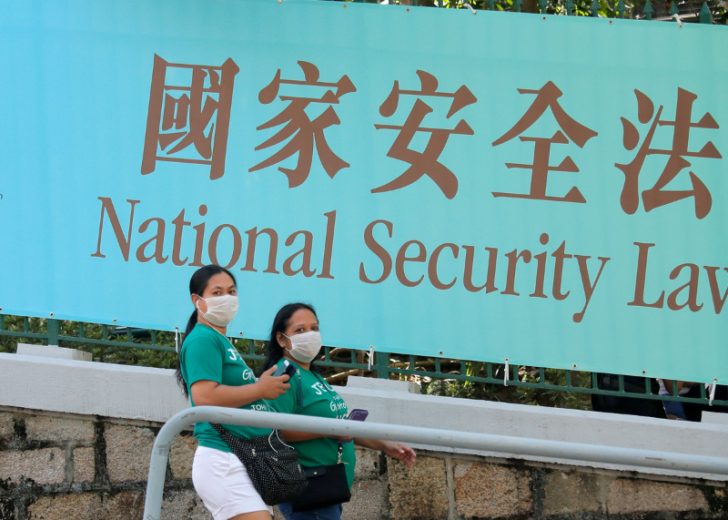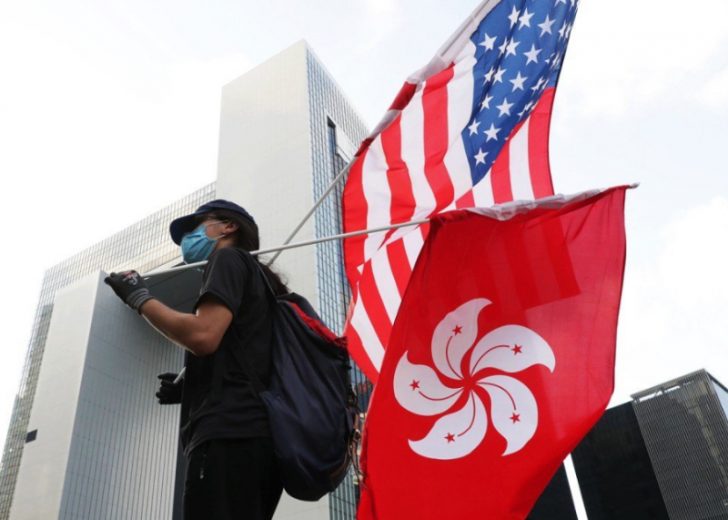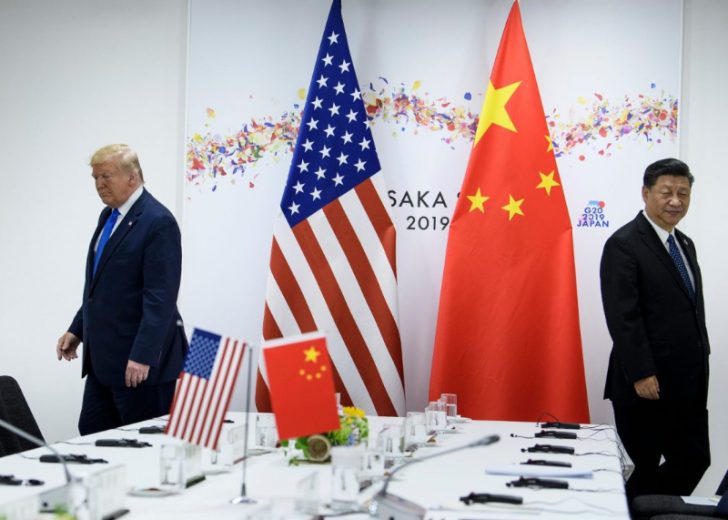China confirmed definitely hitting back with sanctions if the USA went ahead with the Hong Kong Autonomy Act. US President Donald Trump signed an executive order, the Hong Kong Autonomy Act which ends all preferential economic treatment to Hong Kong.
This decision was in response to the controversial national security law passed by China to counter anti-establishment protests in Hong Kong turning into a massive movement. The Chinese Government said that the US attempt to hinder China’s ominous national security legislation as the HKSAR would fail and China would respond to protect its interests and impose its sanctions on relevant US personnel and entities.
China warns the US
This US move grossly interfered in China’s internal affairs and seriously violated international law. After passing the national security law which drew global criticism and condemnation, China opened the first security office at the most popular international business hub after it came under the control of Beijing in 1997 as security was being maintained by Hong Kong police. The new national security office deploys mainland Chinese agents in HK for the very first time ever. The sweeping national security law on Hong Kong permitted China to fully control of the territory despite massive protests by millions of locals opposing Beijing’s growing controls over the city’s seven million population. USA has openly criticised Beijing’s sweeping national security law which limits Hong Kong’s autonomy besides curbing political dissent against the Chinese Communist Party. Trump also signed legislation sanctioning Chinese officials responsible for cracking down on political dissent in Hong Kong. Tensions mount daily between the two Powers, leading to talk of a new Cold War. Experts point out important historical differences, but the two powers are entering dangerous territory. The US administration has gone global against China, pushing nations to reject 5G from Huawei, conditional aid, siding totally with rival nations over the disputed South China Sea.
Eroding democracy
According to Reuters, China’s Parliament approved the national security legislation for Hong Kong that democracy activists and Western countries fear erode the democratic city’s freedoms and harm its role as an international financial hub. China says the new legislation aims to tackle subversion, terrorism, secession, and foreign interferences in the city, but when the plan was unveiled in Beijing, it triggered massive protests in Hong Kong for months. Chinese authorities and HK’s Beijing-backed government confirmed there was no possible threat to their autonomy, but the critics say the new security legislation erodes the high degree of autonomy enjoyed by the former British colony, under the ‘one country, two systems’ formula since reverting to Chinese rule in 1997.
Containing China
The Trump administration accelerates the push to define China as a strategic threat, a major worry for China’s leaders. In a meeting at Beijing, Vice Foreign Minister Zheng Zeguang informed U.S. Ambassador Terry Branstad that U.S. sanctions and threats about withdrawal of trading privileges for Hong Kong are not about democracy and freedom in Hong Kong, but attempts to destabilise and contain China. He warned the US sternly that all unfairness and bullying showered on China by the US would be met by resolute counterattacks from China, and any US attempts made to obstruct China’s growing development, is doomed to fail, according to the state media.







